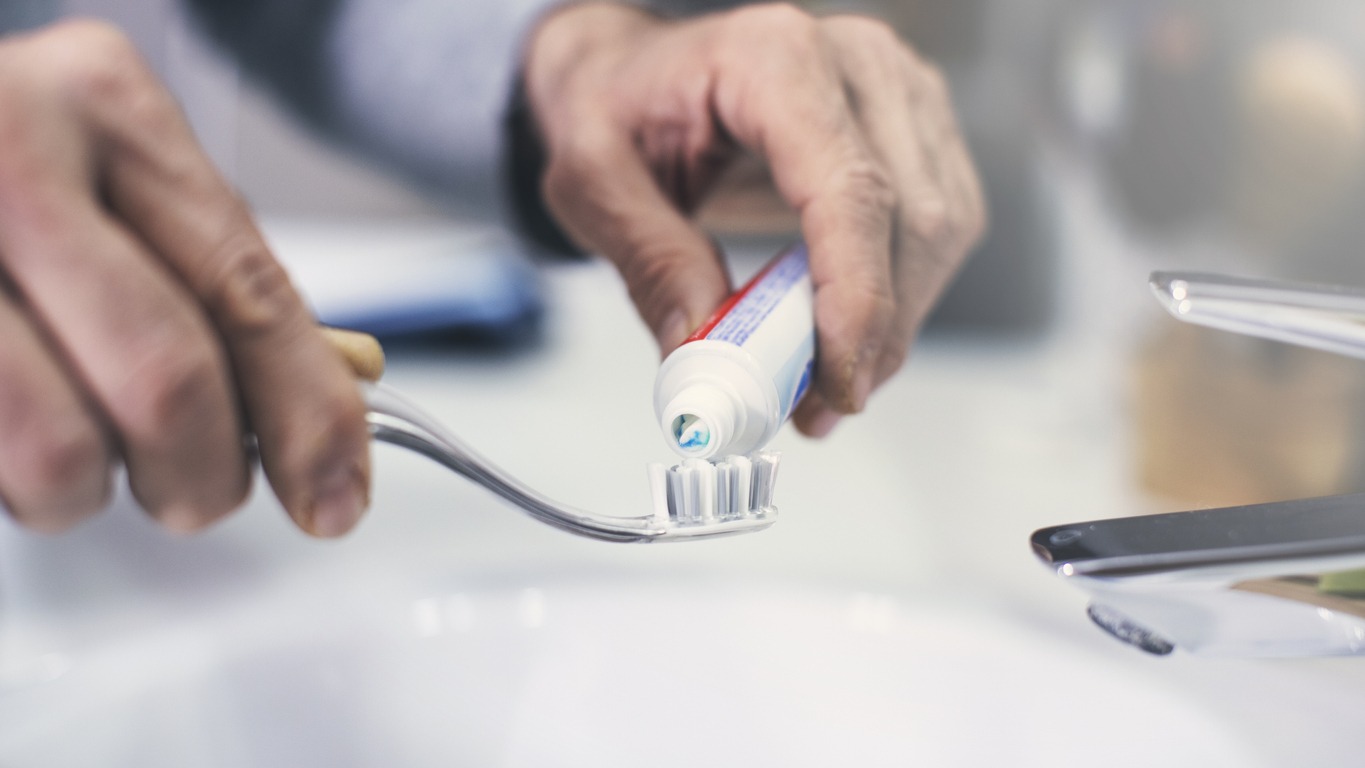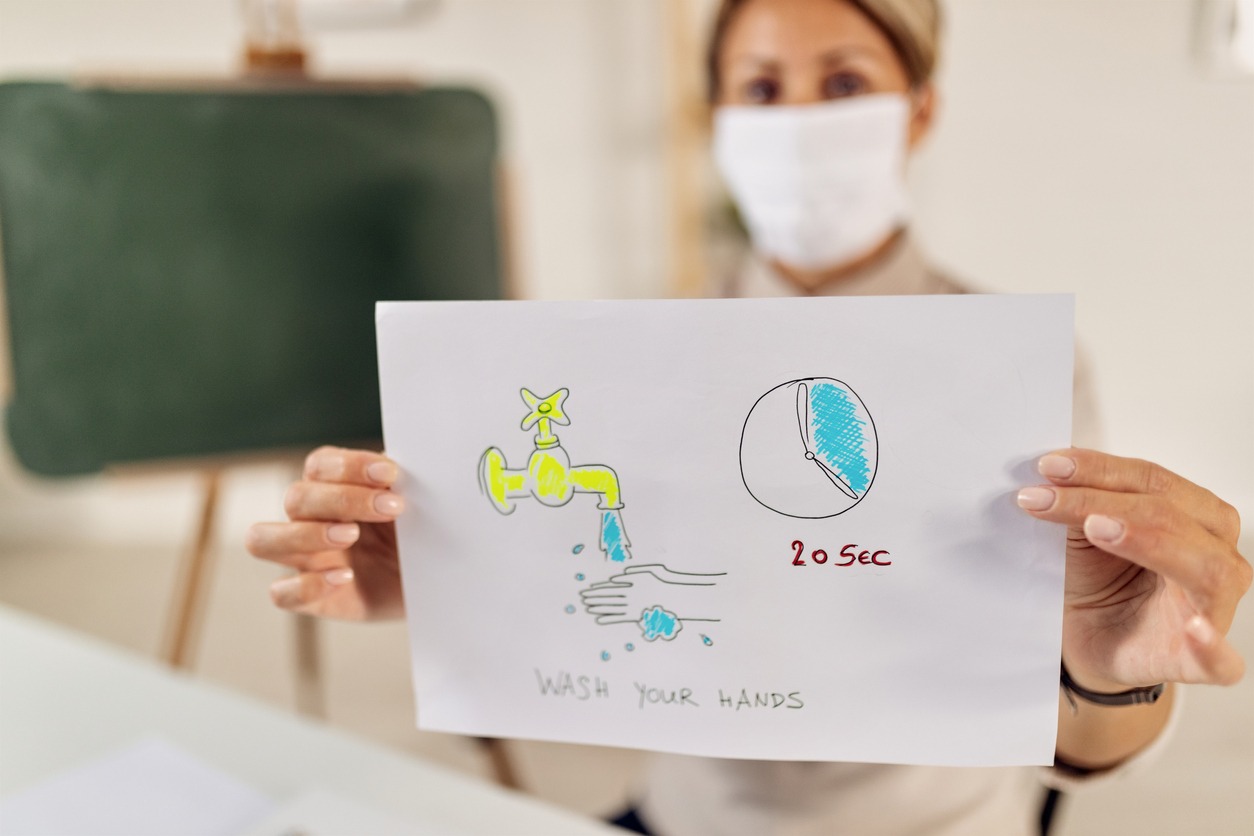It is important to teach your children the importance of hygiene at a young age. Teaching them how to stay clean and healthy can help keep them from getting sick and will also help them develop good habits that will last a lifetime. In this blog post, we’ll discuss some of the best ways to teach your children about hygiene. We’ll also provide some helpful tips for parents!
Why Hygiene Is Important
To have a better understanding of the topic, it’s better to know why hygiene is important. Even at schools, hygiene is being taught to children as part of their curriculum. There are plenty of reasons why hygiene plays a major part in a school’s curriculum, but the most important ones are:
- To prevent the spread of disease: This is probably the most important reason why hygiene is so important. If everyone washed their hands regularly and avoided touching their face, the spread of disease would be greatly reduced.
- To keep children healthy: Good hygiene habits can help keep children from getting sick in the first place. Handwashing is one of the best and most practiced ways to prevent the spread of illness, and it’s something that everyone can do easily.
- To promote good self-esteem: When children feel good about themselves, they’re more likely to have positive relationships with others. Good hygiene habits can help boost a child’s self-esteem and make them feel good about themselves.
How to Teach Children about Hygiene

Now that we know why hygiene is important, let’s discuss how to teach children about it. Here are some tips:
- Make it fun! Try incorporating games or activities into your child’s daily routine to make learning about hygiene more fun.
- Lead by example. Be sure to practice what you teach them when it comes to hygiene habits. If you want your children to brush their teeth twice a day, make sure you’re doing the same!
- Encourage good habits from an early age. Teach your child to develop good hygiene habits by teaching them how to properly wash their hands and face, brush their teeth, and more.
- Set a good example. As we mentioned before, it’s important to lead by example when it comes to hygiene. If you want your children to develop good habits, be sure you’re practicing them yourself!
- Show the benefits of cleanliness. Help your child see how good hygiene can help them feel by teaching them about the benefits of being clean and healthy.
Tips for Parents
Here are some helpful tips for parents to keep in mind when teaching their children about hygiene:
- Be patient. It may take time for your kid to develop good habits. Be patient and keep reinforcing the importance of hygiene.
- Make it fun! As we mentioned before, try incorporating games or activities into your child’s daily routine to make learning about hygiene more fun.
- Encourage independence. Help your child develop responsibility by encouraging them to be independent when it comes to their own hygiene habits. For example, let them brush their teeth on their own or choose what soap they want to use in the shower.
- Be a good role model. As we mentioned before, it’s important to lead by example when it comes to hygiene. Show your children how important hygiene is to you by practicing good habits yourself!
Important Practices for Good Hygiene
There are a few important practices that all children should know about when it comes to hygiene. Here are some of the essential ones:
- Washing hands regularly. This is among the most important things you can teach your child when it comes to hygiene. Ensure they know how to properly wash their hands with soap and water, and remind them to do so often.
- Brushing teeth twice a day. Teach your child the importance of brushing their teeth twice a day for two minutes each time.
- Showering or bathing daily. It’s important for children to shower or bathe on a regular basis in order to stay clean and healthy.
- Cleaning ears and nails regularly. Help your child learn how to clean their ears and nails on a regular basis to prevent the spread of germs and bacteria.
Common Challenges in Teaching the Importance of Hygiene
While teaching your child about the importance of hygiene is important, there are some common challenges that parents may face:
- Children may not want to take the time to practice good hygiene habits.
- Children may be resistant to change.
- It can be tough for children to understand why they need to practice good hygiene habits.
- Parents may struggle with how to best teach their children about hygiene.
How Parents Can Help Overcome These Challenges
As a parent, you can overcome these challenges if you make them a priority. If you make practicing good hygiene a priority in your home, your children will be more likely to adopt these habits as well.
Another thing to keep in mind is to set clear expectations and rules when it comes to hygiene. Explain to your children why it’s important to practice good hygiene, and make sure they know what the consequences are if they don’t follow through.
Finally, be patient with your children as they learn about and adopt good hygiene habits. It may take some time, but eventually, these habits will become second nature to them.
Final Thoughts
Teaching children the importance of hygiene is important for their health and wellbeing. By incorporating games and activities into your child’s daily routine, you can make learning about hygiene more fun. As a parent, you can also lead by example by practicing good hygiene yourself. Finally, be patient with your children as they learn about and adopt good habits. With time and effort, teaching your child about hygiene will be a success!

